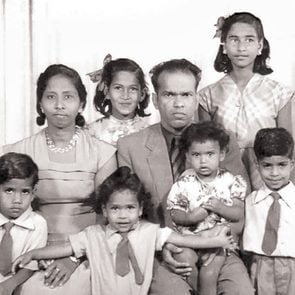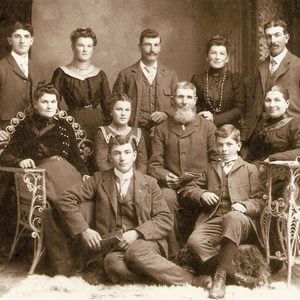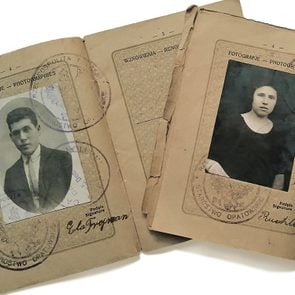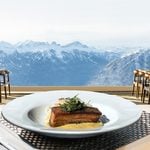How One Dutch Family Survived WWII to Start Anew in Canada
In the “Hunger Winter” of 1944-45, when an estimated 25,000 people starved to death in Holland, Mother exchanged her wedding ring for food.
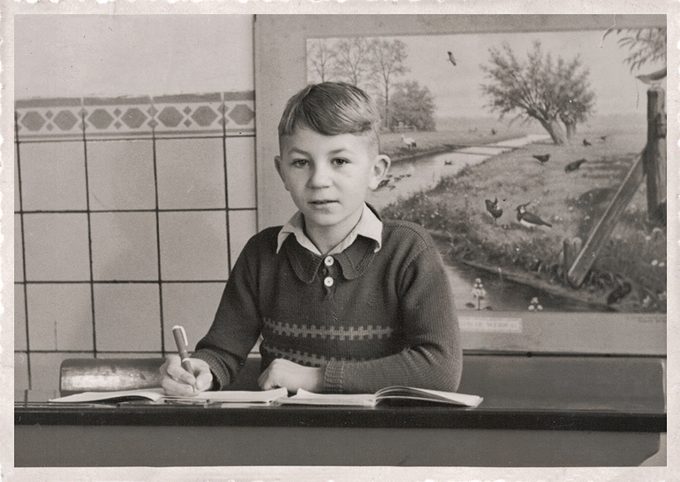
I was 11 years old when I immigrated to Canada. My story begins during the Second World War on Couwael Straat in Rotterdam, Holland. I lived there with my mother, older brother Jacob and Miepie, our cat. My dad was not at home. He was fighting in the war.
My mother did not talk to me about the war while I was growing up in Holland, but I was firmly told that I was not allowed to go outside to play. I have a recollection from when I was about three years old and the Gestapo came to our house. The deportation order was in effect and German soldiers were rounding up Dutch civilian men to work in Germany. Our upstairs neighbour, Mr. Buis, who manufactured window canvas canopies in his workshop above our main floor apartment came to our front door in a state of panic. My mother, sensing the danger he was in, took him to the below-floor coal cellar with a trap door in the back porch. While this was going on, I saw the male neighbour across the way trying to hide in the kitchen. Then this very tall Gestapo official knocked at our front door and asked my mother if she had seen the neighbour he was looking for. My mother kept her cool and said in a very stern voice, “I haven’t seen him.”
A while after the Gestapo left, the neighbour hiding in total darkness in our coal cellar left by the back door into the garden. After the war was over, I visited the neighbour’s workshop above us and he was very happy to see me.
In the “Hunger Winter” of 1944-45, an estimated 25,000 people starved to death in Holland. To spare our family that fate, Mother risked her life during the German curfew to venture outside city limits at night on her bicycle to purchase potatoes from a farmer. Anyone caught outside would be shot on sight. The likewise desperate farmers wanted only gold, watches or jewellery as payment; our need was so great, Mother exchanged her wedding ring for food.
Salvation from Above
In April 1945, when I was four years old, my mom and older brother Jacob were alerted by a neighbour at home. We followed him a couple of blocks to his house bordering a huge park, Kralingse Plas. We looked up and saw hundreds of Lancaster planes flying overhead. The pilots had been instructed to fly 500 feet above ground while dropping their boxes and gunny sacks of food, without parachutes. From that height, none of the supplies were destroyed. The Allied Command had been given permission by the German military beforehand. Gunny sacks contained dried eggs, milk powder, cheese, margarine, dehydrated meat, salt, luncheon meat, tea, chocolate, yeast and white flour, what the Dutch used to bake “Liberation Bread.” Much later I learned that 3.5 million people were saved from starvation throughout Holland in a similar manner. What I remember most is how good that bread baked by my mother tasted with butter spread on top of a slice!
The Canadian Army, our liberators, entered Rotterdam on May 6, 1945. The war had ended! My mother attended a street party celebration on May 7, in front of our house on Couwael Straat. Dad came home soon after. He had pedaled all the way—417 kilometres—on a rickety old bicycle from Braunschweig, Germany. When I first saw him, I did not know who this stranger was standing with my mother in the living room.
I developed rickets sometime during the war, likely because milk was not available and outdoor time in the sun was restricted at best. After the war, my mother took me to see the doctor and he said that the lack of calcium and sunshine were the main reasons I was so pale and skinny to the point that my lower breast bones were deformed.
After the War
By 1949, my health was a lot better. I had become a cheerful nine-year-old Dutch boy, playing street marbles, board games and hide-and-go-seek with my cousins and neighbourhood friends.
In the winter, I skated on a frozen canal behind my grandfather’s house, using wooden skates, with my cousins Jopie, Corrie and Shirley. I also watched American Westerns with my older brother, Jacob, at the movie theatre. Life was fun. Life was good.
It was at this time that my parents thought it would be a good idea for me to live on a farm for a month. My Uncle Jan knew a farmer and his family, and they arranged for me to stay there for the month in August of 1949. Uncle Jan drove us to the farm in his new black Ford car. The first night, I became very stressed living with a strange family. I especially missed my mother, but after awhile, I got used to staying with my foster family. They treated me like a son and fed me plenty of food. My job on the farm was to feed the chickens. When my family came to visit, my mother commented on how healthy I looked.
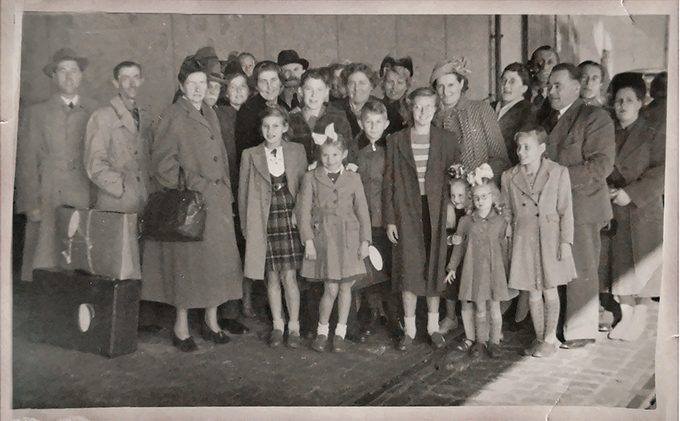
Land of Advancement
In 1951, my father decided we needed to move to another country, which my mother did not want to do. She came from a large family of nine brothers and sisters, whom she did not want to leave. And why move to an unknown country with a different culture and language we could not speak? My father was experiencing desperate times though, with his Delft’s Blue table lamp business doing very poorly and taxes so incredibly high as Rotterdam tried to rebuild after the devastation. According to my father, we had to move to survive. He chose Canada as our new home, seeing the country as a land of advancement and better income. The decision was made easier given that he already had a sister, Semie, and family living in Montreal.
To prepare for the move he enrolled in English classes, and then one day in the spring of 1951, he boarded a plane and left for Montreal. Surprisingly, my father ended up speaking French once he found a job there, as a painter in a French-speaking factory.
The plan was for my mother, brother and I to follow by ship after he had found a house for us to live in. Once he had, Uncle Jan booked tickets for us to leave for Canada on October 24, 1951.
Moving to Canada meant I had to leave many family and friends behind. A few days before we were to leave, I told my friend, Ton, while walking home that
I was going to live in a new country. When I turned to face him, he had vanished from my side. Simply gone. No goodbye, no handshake. But one of the saddest parts of all was leaving Miepie my cat behind, too. Even the most loved of family pets were not allowed on board the ship that took us to our new lives in Canada.
Read Johannes’s account of his family’s reunion in Canada.
